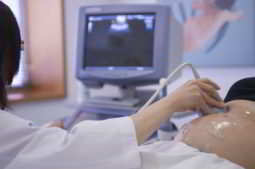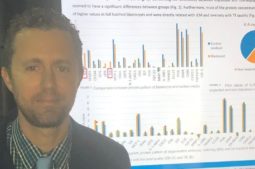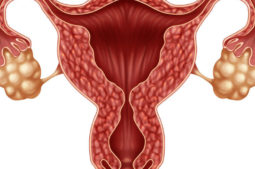
50% off our Diagnostic Package
Book Now
Every man who has undergone a vasectomy in the UK is sure to have thought seriously about the decision, and to have been advised by his NHS or another medical practitioner that the procedure should be considered permanent. But the fact is that lives change, circumstances change, and a new social or personal dynamic can lead to a change of heart. In this article, we take a look at the realistic possibilities of pregnancy after vasectomy. We explain the broad principles of different courses of action and what you need to do if you or your partner should find yourselves in this situation. How to get pregnant after a vasectomy? There’s no 100% certain solution, but there is plenty of help available to give you a very good chance of success

When the time is right and you decide you want to increase your chances of getting pregnant, you may find that your hazy knowledge of that all-important fertile window is no longer enough. In this article, we look at how to identify your most fertile days and how long you can expect it to take to achieve your goal. We also consider the steps you could take if things don’t go according to plan, and when to seek medical advice.

With an action-packed agenda, the 8th International IVIRMA Congress took place in Mallorca in April 2019. Buzzing with excitement about new developments in reproductive medicine, the Congress gathered over 1,600 specialists representing 71 different nationalities to discuss the future of Assisted Reproduction. Delegates shared information about topics as far-ranging as ovarian rejuvenation, IVI’s sustainable development… View Article

The importance of progesterone during pregnancy is widely known, but what if we could establish a causal relationship between the levels of progesterone and pregnancy success rates? Over the last 3 years IVI have been investigating the impact of progesterone levels in the blood on the embryo transfer day in relation to pregnancy rates. The… View Article

The use of artificial intelligence has provided a massive step forward in the journey to perfecting embryo selection and as a result constantly improving pregnancy results. At the annual ESHRE meeting We were able to present two new studies both of which relating to analysis of embryo transfer. The first study carried out at IVI… View Article

One of the main questions a woman asks when told that she has polycystic ovaries is: will it affect my fertility? Although, not so common, there are some cases where this condition can cause problems when a woman wants to become pregnant. Do you know exactly what polycystic ovaries are and how they can affect… View Article

“We are aware of the need for environmental sustainability from a global perspective, as we have done so during the congress. All the initiatives implemented by us point in the same direction, one that governs our commitment to sustainability, towards balance on our planet and creating environmental legacy“, says Andreu Miquel, Global Head of… View Article

Research has just been published in the prestigious journal Human Reproduction that may set alarm bells ringing for those thirty-somethings hoping to start a family at some point but ‘not yet’. The woman heading IVI’s Cryobiology Unit, Dr. Ana Cobo, lead a medical research team which has confirmed in starkly revealing terms that ‘not yet’… View Article

Many of the preconceived ideas about infertility focus on images of couples without children. However, those without children are not the only ones who can suffer from this challenging and emotionally-draining experience. Secondary infertility is when a woman or couple have already conceived and given birth to one child, but have difficulty conceiving a second… View Article

Like asking a friend whether they got dressed in the dark this morning, there are some questions that should simply never be asked. When it comes to a friend who is trying to conceive, direct comments about their fertility or lack of it, suggestions about lifestyle changes or treatments for infertility, or even a suggestion… View Article
